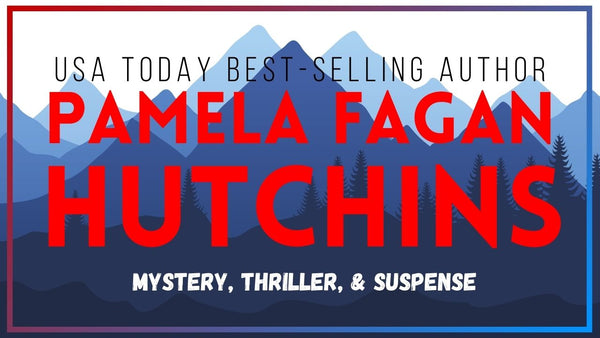The story behind Leaving Annalise solidified who I am as a writer and bled into all my future books. First, Saving Grace and Leaving Annalise were, once upon a time, the same book, called Leaving Annalise (“LA”). I cut them in half and expanded upon them and named the first novel Saving Grace. Thematically, I was very clear that Saving Grace (“SG”) was about Katie growing up and getting past delayed maturation. She was a 25-year old woman in a 35-year old woman's body. The mystery and theme were, hopefully, complementary to her issues.
When we resume with Katie in LA, she has controlled her drinking and she's dating a chef, gigging with Ava, and remodeling Annalise. [Annalise manifests my desire to write in the “odd space” where history/culture/religion/mythology and even mysticism or a hint of the supernatural collide with the present.] The story I wanted to tell about Katie in LA “thematically” was about a woman learning that life wasn't about being the princess, the center of attention, the one taken care of, and adored.
Those things are nice, don't get me wrong. A little of them in balance is a good thing. But to me, a woman becomes womanly when she learns not to insist she be put first all the time, and finds some part of her calling in service back to others, whether through a religious calling, a commitment to a nonprofit, caring for animals, nurturing humans, or some other mechanism. Now, I hope that doesn't make anyone angry, and I hope you understand my meaning and perspective. When Katie got past being self focused and learned to give of herself, she became more womanly to me. To ME. This may not signify womanhood to you, but, in my own life, I found it true of myself, and I wanted to explore it.
And writers write what they know.
In earlier unfinished novels, I had written about women who were younger. I flirted with the concept of writing a Bridget Jones' Diary type of book. I loved that dang book so much. I liked the flexibility inherent in writing about a youngish woman without serious entanglements and obligations. I liked the idea of chick-lit. Maybe partly because I was unhappily married and wanted out, the genre with its inherent “singleness” element seemed shiny and bright.
Some of that bleeds into Katie. That yearning to be young, free, and wild. But in the meantime, in my personal life, I had discovered how to be a wife successfully, and I had three wonderful step kids enter my life. I had a man who made me feel like a freakin' princess, who adored me, who put me first . . . mostly. And I did the same for him . . . mostly.
Only mostly, because we both had to put my two kids and his three kids first much of the time. I felt, for the first time in my life, truly womanly, and it was loving a man who brought me these, well, obligations that did it for me. So, in many ways, LA is a love letter to my stepkids. To being a family, no matter how we got there.
I'm not saying I'll never write about younger women or for a younger audience. I might. But, for now, my fascination lies in the inherent tension in womanhood and its complex relationships and, yes, beloved obligations.
And that, my friends, is the real story behind Leaving Annalise
